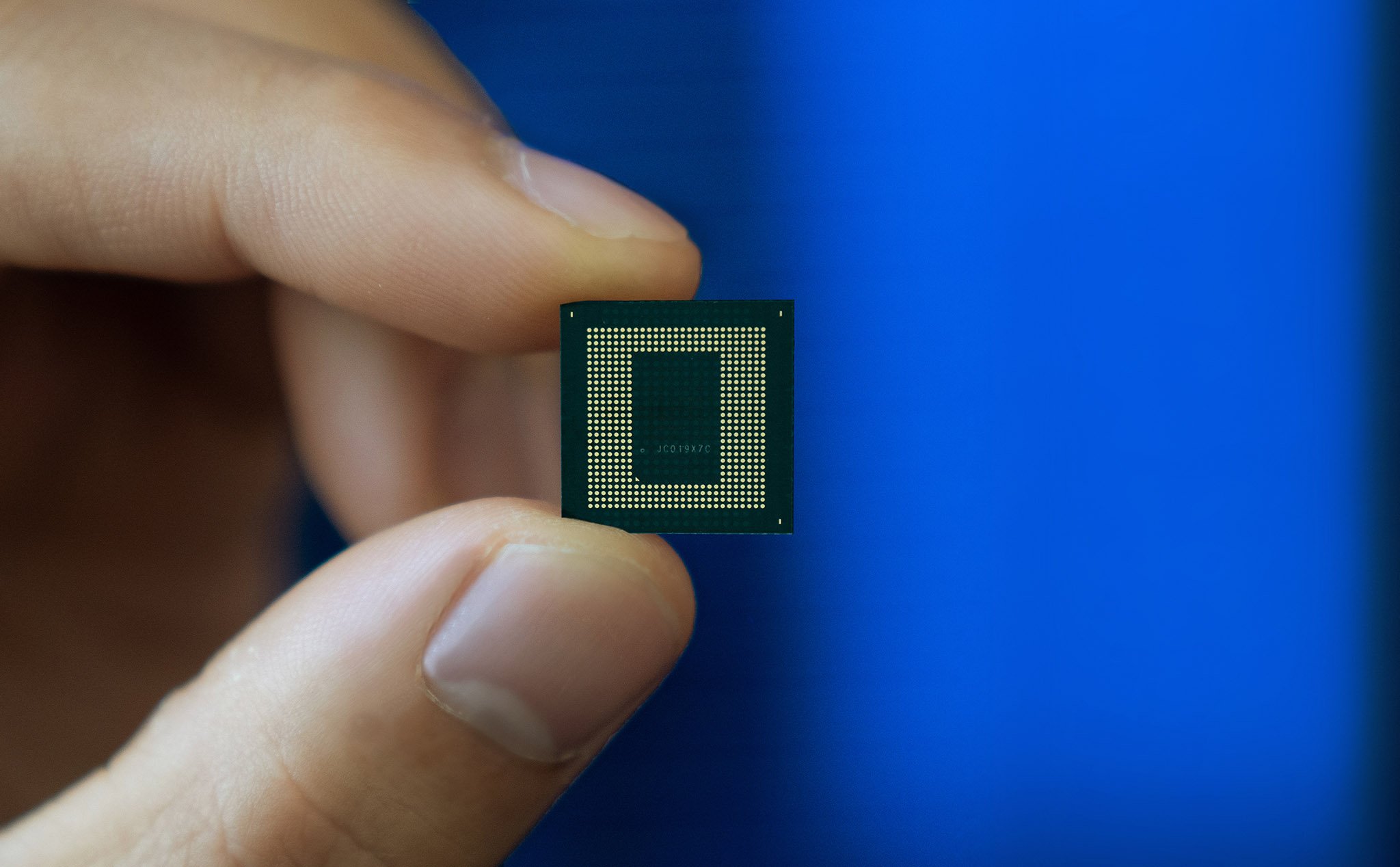Apparently 5G means green green green green green
What you need to know
- Chipmaker Qualcomm has pledged to hit a net-zero greenhouse gas emission goal by the year 2040.
- This commitment follows on the heels of the company's existing multi-tiered greenhouse gas reduction plans.
- Qualcomm also says it believes that widespread 5G adoption will help the company and the wireless industry be more sustainable in general moving forward.
Qualcomm, one of the world's leading smartphone chip manufacturers and the company that powers the majority of the Android ecosystem, announced on its blog that its global operations will contribute net-zero emissions by the year 2040. In addition, it has also committed to the Science Based Targets initiative's (SBTi) Business Ambition for 1.5°C.
The company actually has three tiers, or what it refers to as "scopes," of long-term greenhouse gas (GHG) emission reduction targets that it hopes to hit over the next twenty years or so. These include reducing Scope 1 and 2 GHG emissions by 50% by 2030, reducing absolute Scope 3 GHG by 25% by 2030, and reaching net-zero for all three categories by 2040.
It has already purchased 100% renewable energy for its San Diego, CA headquarters, and it is actively involved in pursuing additional green energy sources and offset measures.
Tackling climate change and runaway emissions is a global problem, and it's one that Qualcomm thinks it has a significant role to play as the leading company powering the best sustainable and repairable phones as well as other key industries with its latest and greatest high-end Snapdragon SOCs.
Qualcomm said in its statement that it believes the wireless and cellular industries can promote more innovative and efficient operations that will have a cascading effect in helping other sectors lower their overall emissions and be more environmentally sustainable in general.
It specifically cites 5G efficiencies that are expected to create nearly a third of a million green jobs by 203, save 410 billion gallons of water, and increase fuel efficiency by 20%.
5G technologies and products will be instrumental in driving an environmentally sustainable future. We're working with our partners and customers to reduce emissions footprints, conserve resources and harness the sustainability benefits of 5G globally — Christiano Amon, Qualcomm president and CEO
It's possible that the company could have more to say on this topic at its Q4 earnings call on Nov. 3, 2021.
Source: androidcentral
